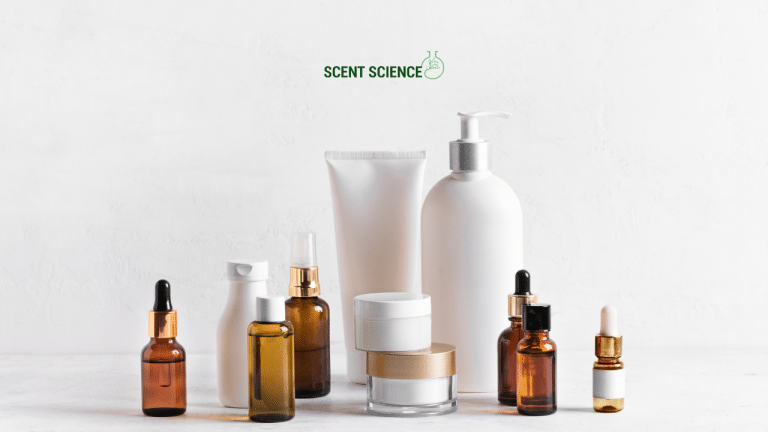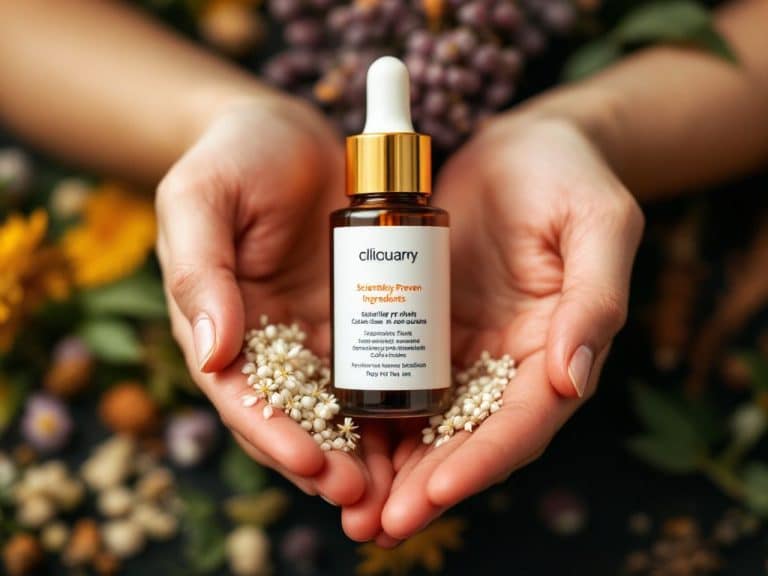
I Switched to Hypoallergenic Fragrances For 60 Days: My Skin Transformation Story
Discover the transformative power of hypoallergenic fragrances in this 60-day skin redemption journey. Learn how switching to hypoallergenic fragrances can reduce redness, decrease irritations, and enhance skin texture. The benefits of hypoallergenic fragrances are a game-changer for individuals with sensitive skin.









